Winter Planning for Your Vegetable Garden
There’s no better way to beat the winter blues than by dreaming of this season’s garden! Before choosing your plants consider garden size, location, soil and amount of daylight it receives. If your space is cool and shady, it’s not worth the agony of trying to grow peppers and tomatoes in Denver’s short growing season. Instead, stick with hearty greens like spinach and kale or roots like radishes and potatoes. If you have a sunny spot on a porch or a patio you can grow a container variety of tomatoes where they’ll have a better chance.
Small gardens can produce more than you might think. Consider putting your tallest plants on the north side of the bed so they don’t shade other plants. Interplanting or companion planting is a great option for dense gardens. Try growing basil under tomatoes or transplant lettuces and then seed carrots around them. By the time the lettuce is ready to harvest the carrots will be up and ready for the extra space. Herbs and edible flowers add variety and attract beneficial pollinators to your garden.
If you’re planting densely, particularly with heavy feeders like broccoli, corn or melons, you’ll want to make sure the plants have enough nutrients. Cover crops keep soil covered between crops, and the leftover debris boost your organic matter and feed the microorganisms that are so important to soil health. Including legumes like peas or beans in your cover crop naturally adds nitrogen to your soil. Adding compost is another way to give your soil a natural boost. Try using a natural mulch between rows or beds to retain moisture and exclude weeds.
If you have heavy clay or thin, rocky soils you don’t want to try growing foot-long carrots. Use raised beds or opt for a shorter variety. Sandy soils drain water and lose nutrients quickly, but clay soils retain water and hold nutrients much longer. Consider this when adding amendments and planning your garden watering. Smaller seeds like lettuce or carrots will germinate more evenly if they have consistent overhead water but beans, squash and tomatoes don’t like their leaves being wet because they are more susceptible to disease. Once your seeds are up or plants are in the ground set up soaker hoses or drip irrigation so you’re only watering the soil and not the leaves.
Nutrient-dense produce comes from plants grown in healthy soils in harmony with nature. Avoid spraying herbicides or pesticides as these negatively affect the soil and water and therefore you. Instead, encourage birds and predatory insects to control any pest problems and pull weeds by hand. Additionally, heirloom varieties tend to have more flavor, ensure genetic diversity and have been bred to grow in specific climates. Search for local seed companies to find the best option for your area. Not only does this support a local farmer, but you’ll be also able to save your own seed!
This article first appeared in the March issue of Life on Capitol Hill.
Gallery
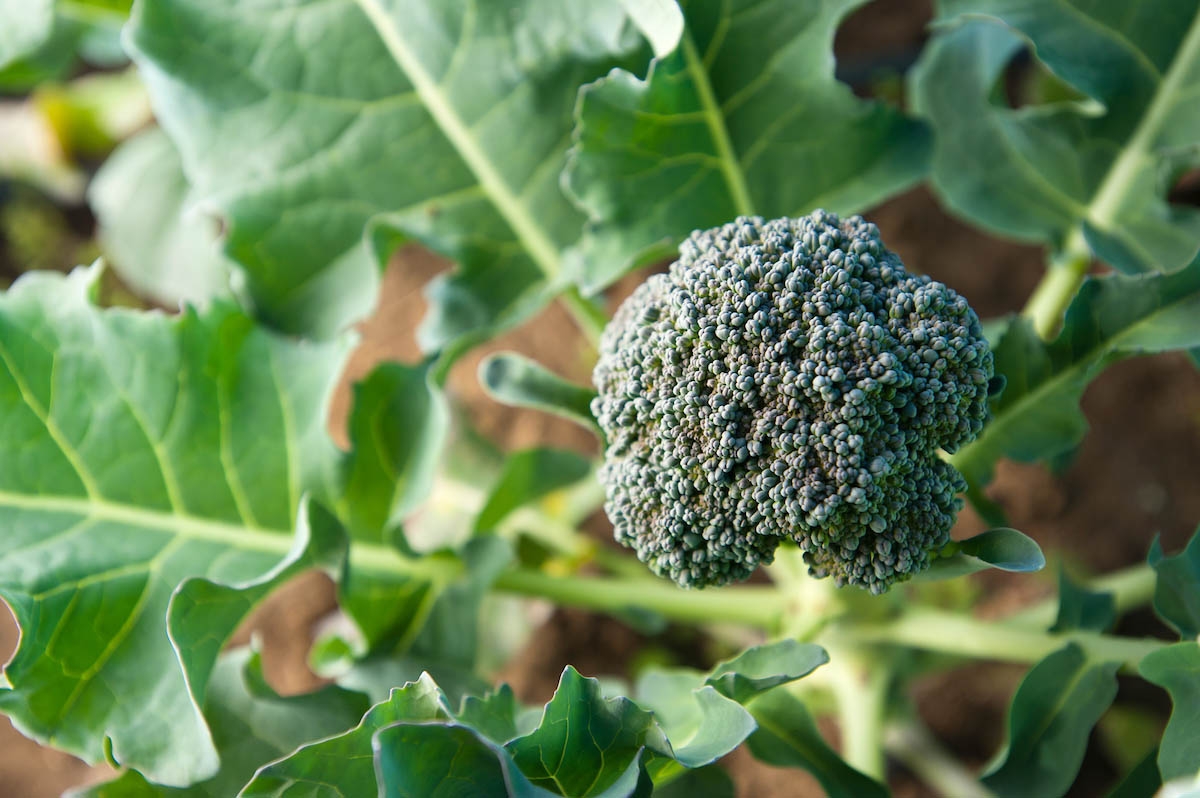
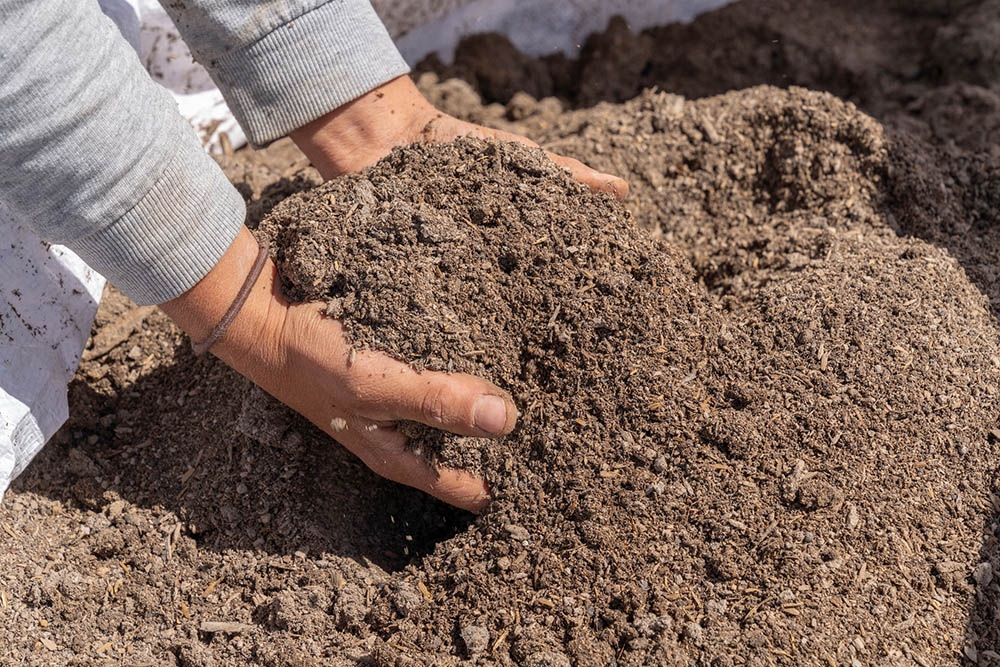
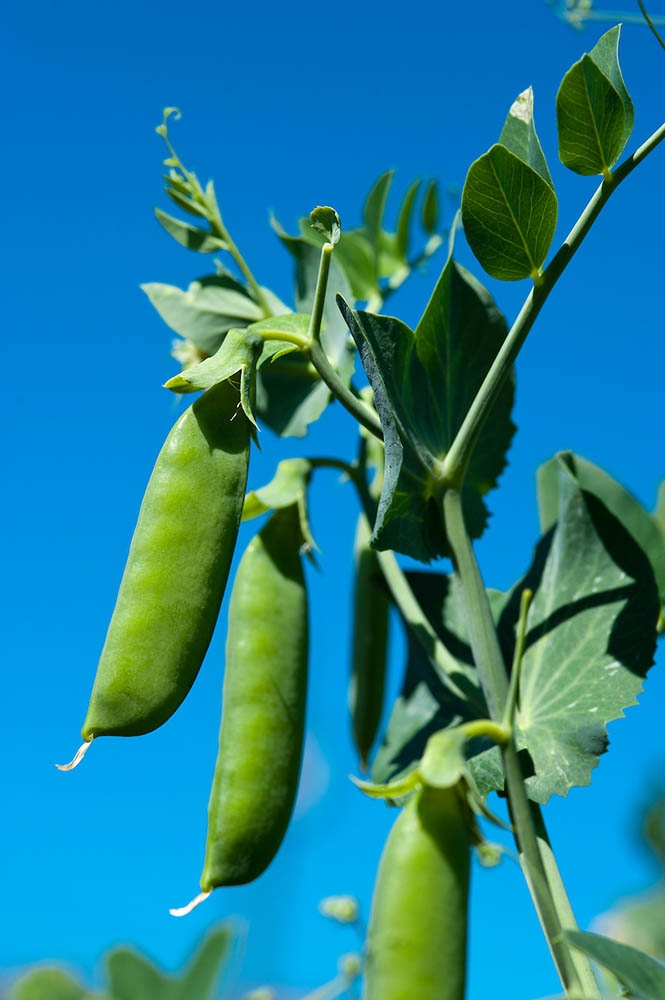
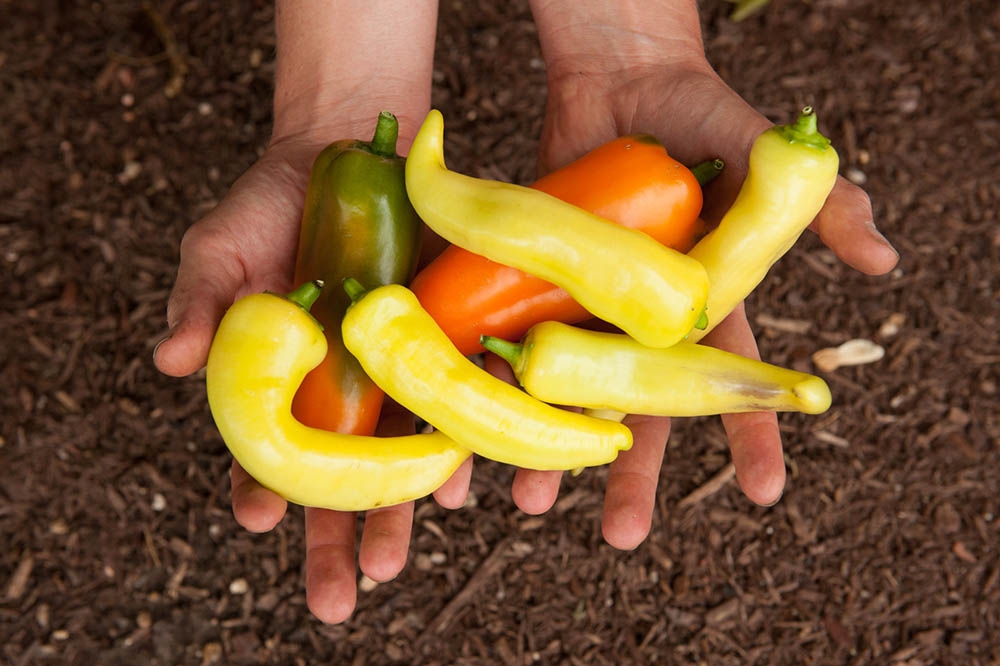
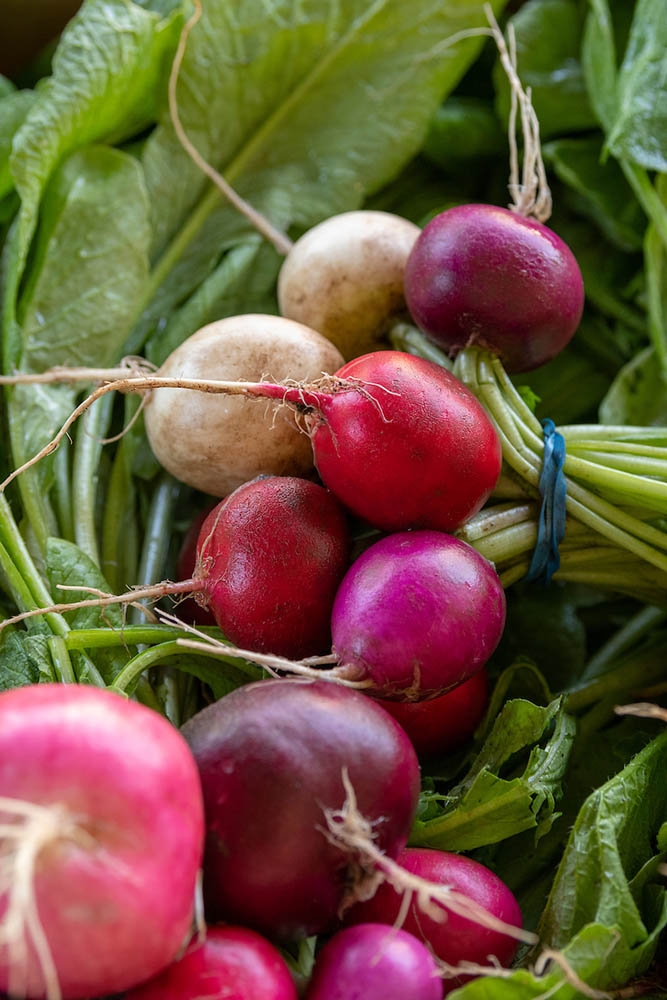
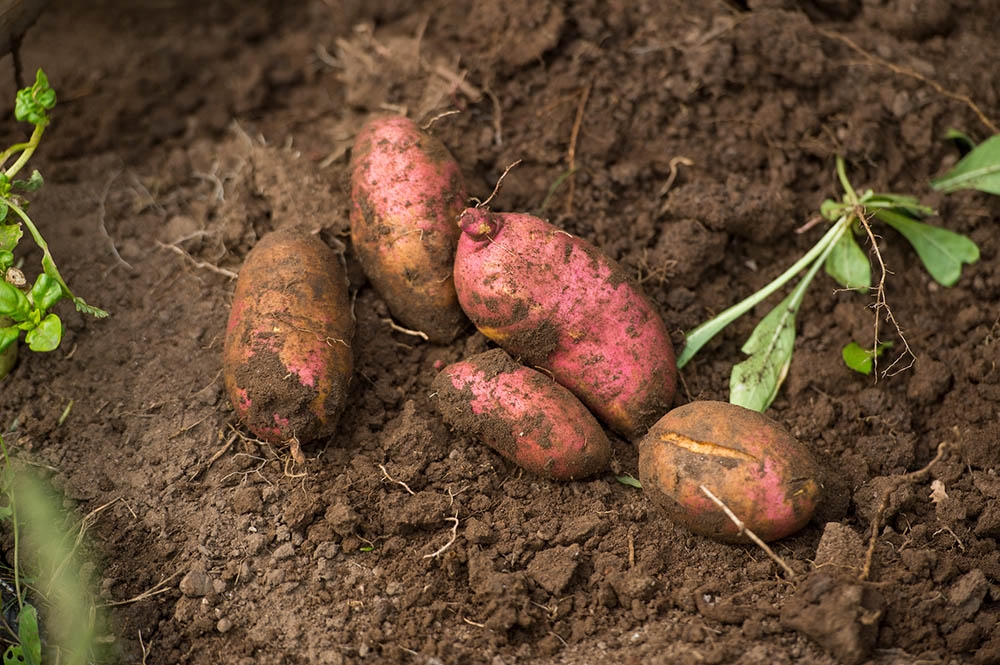
Add new comment